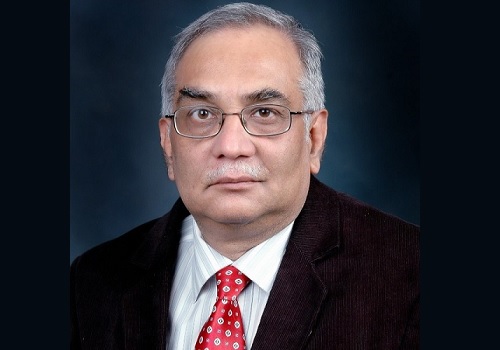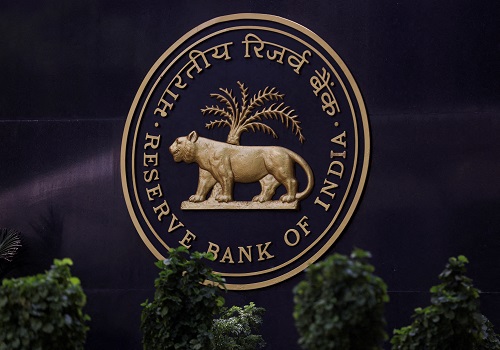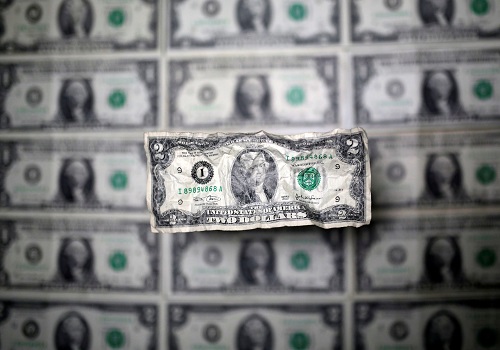US SEC approves bitcoin ETFs- Here is what industry experts shares

“The much-anticipated Bitcoin ETF is finally here. The approval from SEC will allow trading of the world’s largest crypto currency from today itself and thus opens opportunities for all the crypto enthusiasts across the globe. For Indian investors, the Bitcoin ETF will provide an opportunity to include crypto in their portfolio via the LRS route. Like any other asset class, Bitcoin ETFs also come with their own sets of advantages and disadvantages. An Indian investor taking exposure on Bitcoin ETF will get easy exposure through regulated entities without worrying about the storage of the cryptocurrency. Besides, 1% TDS on transactions will not be applicable since there is no actual crypto being purchased and capital gains tax will also be lower. On other hand, the 20% TCS introduced in 2023 will be applicable on deposits above INR 7 Lakhs via LRS. Although, unlike TDS, it can be used to offset other tax liabilities but may lead to liquidity getting stuck. In addition, management fees for the ETF is an additional cost. BlackRock plans to charge 0.3%, while ARK has announced a fee of 0.25% which seem like reasonable given the average ETF management fee in the US is about 0.5%,” says Viram Shah, CEO, Vested Finance.
The approval by US SEC to trade Bitcoin ETFs is an encouraging step towards gradual acceptance of digital assets as a mainstream asset class by the global financial ecosystem. This is indeed a historic moment for all the digital asset enthusiasts as it will pave way for further adoption of the world’s largest cryptocurrency through large financial institutions. Digital assets are indeed the flagbearer of alternative asset classes that all modern-day investors should consider taking an exposure on to fulfil their financial goals. The optimism brought about by this move will augur well for the global crypto industry and I believe more Indian investors will make the most of this decision and start including digital assets in their portfolio. I am equally hopeful that this will also facilitate more discussions among the Indian ecosystem and very soon India will have its own crypto ETF.” says Avinash Shekhar, Chief Executive Officer, Pi42, India's first Crypto-INR Perpetual Futures Exchange.
The introduction of a Bitcoin ETF marks a significant milestone, bridging the traditional financial markets with the innovative realm of digital assets. This landmark development not only validates the growing importance of crypto but also opens new avenues for institutional investors to participate in the transformative potential of blockchain technology. We have seen that approx 5% to 10% of Gold ownership is through ETFs. With the Bitcoin ETFs, people are expecting a good % of Bitcoin ownership to be routed through the ETFs. This makes Bitcoin more accessible to those who have been comfortable trading in the traditional financial markets. If Bitcoin ETFs reach similar figures as gold, then at the current market cap that’s potentially $50B to $80B in new liquidity. Embracing this evolution, we are witnessing the convergence of two worlds, where the decentralized ethos of crypto meets the regulatory framework of traditional finance, paving the way for a more inclusive and resilient financial ecosystem. This is the first digital asset ETF but it won’t be the last, says Nischal Shetty, CoFounder, Shardeum.
Above views are of the author and not of the website kindly read disclaimer










Tag News
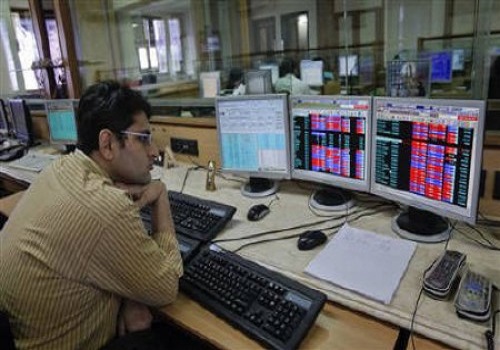
Pre-Market Comment by Hardik Matalia, Derivative Analyst, Choice Broking
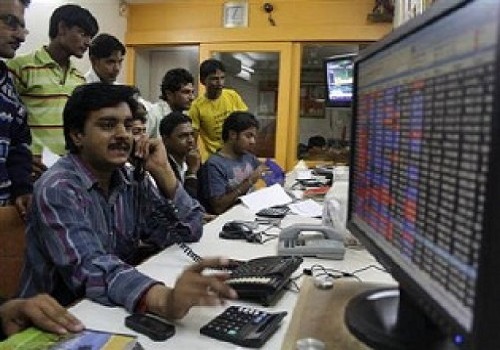


More News

Quote on?Trade Data by Ms. Deepali Agrawal, Deputy Managing Director, India Exim Bank


